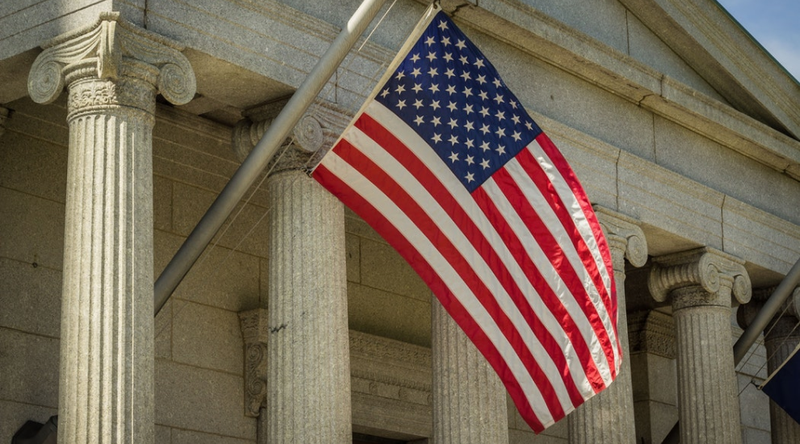Early Win for Shrem: Judge Unfreezes Assets in Winklevoss Lawsuit

In a short-term win for bitcoin advocate Charlie Shrem, a federal judge has lifted the freeze on Shrem’s financial accounts in an ongoing legal battle against the Winklevoss twins.
Shrem’s financial accounts and assets were temporarily frozen via an attachment order following the suit’s initial filing. The order allowed the U.S. Marshall for the Southern District to freeze Shrem’s assets, instructing cryptocurrency companies like Coinbase and Xapo and legacy financial institutions to freeze Shrem’s assets up to $30 million, the amount the Winklevosses are seeking in damages.
However, following a hearing on Thursday, November 8, 2019, presiding Judge Jed S. Rakoff issued a court order lifting the freeze.
“After careful consideration, the Court denies plaintiff’s motion to confirm the order of attachment and therefore lifts the attachment currently in place effective immediately,” the order reads.
The document concludes by saying that an opinion will be issued “in due course” explaining why a freeze was unnecessary for the initial proceedings to continue.
Earlier this month, Tyler and Cameron Winklevoss of the Gemini Exchange in New York filed a suit against Charlie Shrem for 5,000 BTC after Shrem reportedly made several high-value purchases following his release from prison.
Shrem has claimed he went to prison penniless, reportedly working as a dishwasher for several months after his release before returning to the bitcoin space. Shrem’s self-reported poverty has lead the community to question where he dug up the funds for his luxury shopping spree.
The Winklevosses believe that these purchases were made with bitcoin Shrem stole from the twins when they hired him to manage their initial cryptocurrency investments in 2012.
The working relationship was troubled when Shrem allegedly mismanaged roughly $60,000 of bitcoin. At the time, bitcoin was worth approximately $12.50, so the $60,000 would be equal to about 5,000 BTC. The twins say they’ve hired a private investigator who states that, in 2013, the missing bitcoins were traced to several wallet addresses owned by Shrem before being redirected to other accounts.
Shrem’s lawyer Brian Klein asserts that the Winklevoss twins’ claims are baseless, and he’s confident in Shrem’s innocence. In a recently filed motion of defense, Klein writes:
“Plaintiff Winklevoss Capital Fund, LLC’s (“WCF’s”) prejudgment attachment and underlying lawsuit are predicated and built on the demonstrably false premise that defendant Charlie Shrem (“Shrem”) misappropriated $61,000 of WCF’s money in 2012, purchased 5,000 bitcoins with those funds, moved those bitcoins around on December 31, 2012 (and subsequently), and then years later after his release from prison went on a spending spree with them, but WCF’s case collapses on itself because those 5,000 bitcoins were not owned by Shrem. The scandalous and fantastical story WCF is advancing is nonsense.”
The document explains that the 5,000 BTC in question were owned by a separate party, who for privacy purposes, Klein refers to as “Mr. X.” It further states that Mr. X is “identified in email communications between him and Shrem (and others)” discussing the 5,000 bitcoins. Copies of the emails were filed with the motion that allegedly suggest Mr. X transferred the coins to a cold storage wallet account in Shrem’s name on December 31, 2012.
The document goes on to say, “This lawsuit and application for prejudgment attachment can only be characterized as an ambush money-grab designed to cripple Shrem financially.” It further explains that the Winklevoss twins have failed to provide any substantial evidence showing that Shrem attempted to defraud them purposely.
While the judge has freed up Shrem’s funds, the case is ongoing, and it will have an official trial by jury on April 8, 2019.
This article originally appeared on Bitcoin Magazine.


